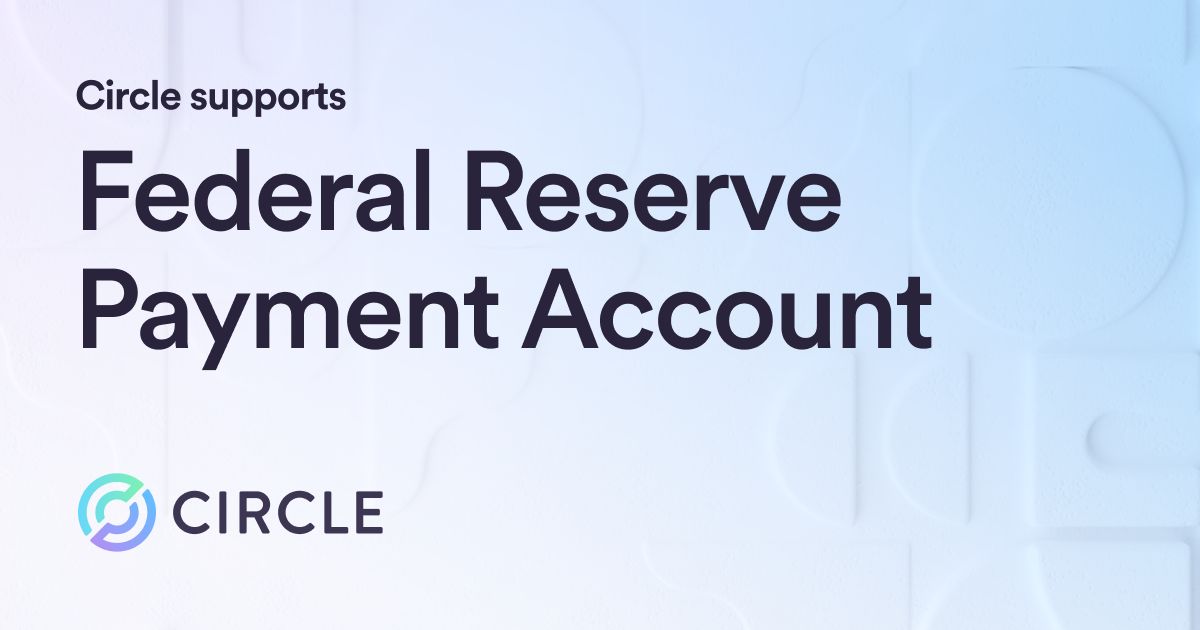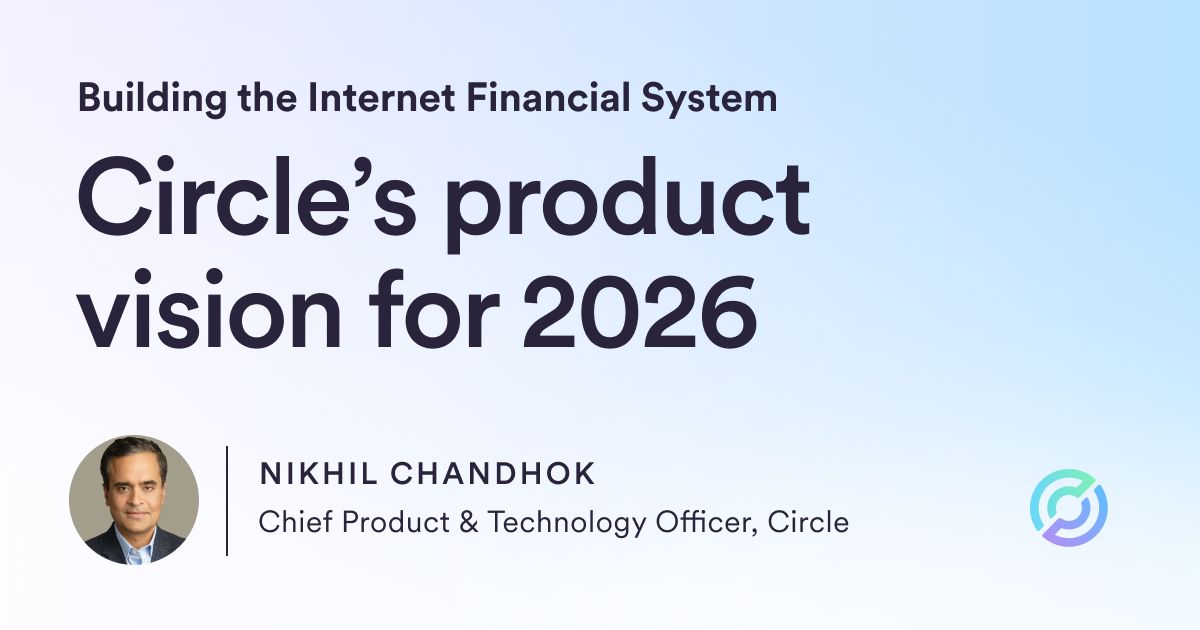The ACPR, the French Prudential Supervision and Resolution Authority, published a paper on potential regulatory approaches for Decentralised Finance. Learn more.

The ACPR, the French Prudential Supervision and Resolution Authority that exercises prudential supervision of regulated French financial firms such as banks and insurance companies, launched a discussion paper on potential regulatory approaches for Decentralised Finance or short DeFi. The paper and public consultation will contribute to ongoing discussions, particularly at the EU level after the passage of the landmark Markets-in Crypto-Assets Regulation (MiCA), on the value and procedures for regulating DeFi.
On May 19th, 2023 Circle submitted its response, highlighting DeFi’s promises for the future of financial services, the importance of public blockchains, and the benefits or drawbacks of various regulatory avenues.
Circle’s key points
Circle underscores the benefits of DeFi for cheaper, faster and programmable financial services
- In a research paper jointly published by Uniswap Labs and Circle, we demonstrate how combining on-chain foreign exchange markets and payment stablecoins like USDC and EURC can reduce remittance costs by up to 80%, while reducing settlement risks and time. Decentralised, automated lending represents, amongst many others, another promising use case that can expand and improve lending conditions for borrowers traditionally left out of credit markets.
Circle encourages the ACPR to distinguish between “DeFi protocols” and “DeFi applications”
- Circle suggests using the term “DeFi protocol” instead of “DeFi application” to describe the set of software and smart contract protocols that are built on blockchain infrastructure. As users don’t have a way to interact with these protocols without the use of further tools, interfaces, or wallets, the term “DeFi application” does not accurately represent the nature of the protocol, particularly when compared to what the ACPR describes as “centralised applications”, such as centralised exchanges, data analysis platforms, or oracles, that can be used and interacted with directly by end users.
Circle highlights the benefits and importance of public, permissionless blockchains
- It is critical that blockchains intended for public use remain open and public. Permissioned systems that selectively approve only certain parties and for certain innovations will always constrict innovation. As they lack composability and interoperability, they cannot create the same network effects of utility for businesses and end users. As such, private blockchains cannot compete with public blockchains and do not represent viable alternatives for the global, frictionless exchange of value that promises to enhance economic equality and financial inclusion around the world.
Circle supports the ACPR’s pragmatic approach to seek the same regulatory outcomes, while acknowledging the unique technological differences between DeFi and traditional financial markets
- Voluntary compliance principles and pathways for DeFi protocols, including for example security audits, could be a promising way to embed greater transparency and security standards into DeFi. These approaches that resemble product security regulation should however always remain voluntary in nature, and be developed in close public-private collaboration. Circle encourages the ACPR to further investigate concepts of “embedded supervision” where public authorities or observatories monitor DeFi activity and pro-actively warn and inform consumers in real-time by taking advantage of the public, transparent nature of blockchains.
Circle underlines that regulatory regimes should focus on DeFi intermediaries and applications, not protocols
- Centralised intermediaries facilitating access to DeFi represent the more suitable actors to be brought under the regulatory scope compared to the activity of developing software. However, we urge the ACPR to recognise the difference between mere user interfaces and crypto-asset service providers (CASPs) that have an active business relationship with their users and take custody of their assets. Regulatory requirements should be distinguished accordingly. Circle does not support extending MiCA’s scope to web interfaces and points to MiCA Recital 83 in that context: “Depending on the services {provided} and due to the specific risks raised by each type of services, crypto-asset service providers should be subject to requirements specific to those services. {...} Hardware or software providers of non-custodial wallets should not fall within the scope of this Regulation.”
We appreciate the ACPR’s effort to develop suitable regulatory pathways for this complex and novel technology and commend the ACPR’s willingness to engage openly with the industry and the public on the topic. We look forward to further opportunities for constructive engagement.






